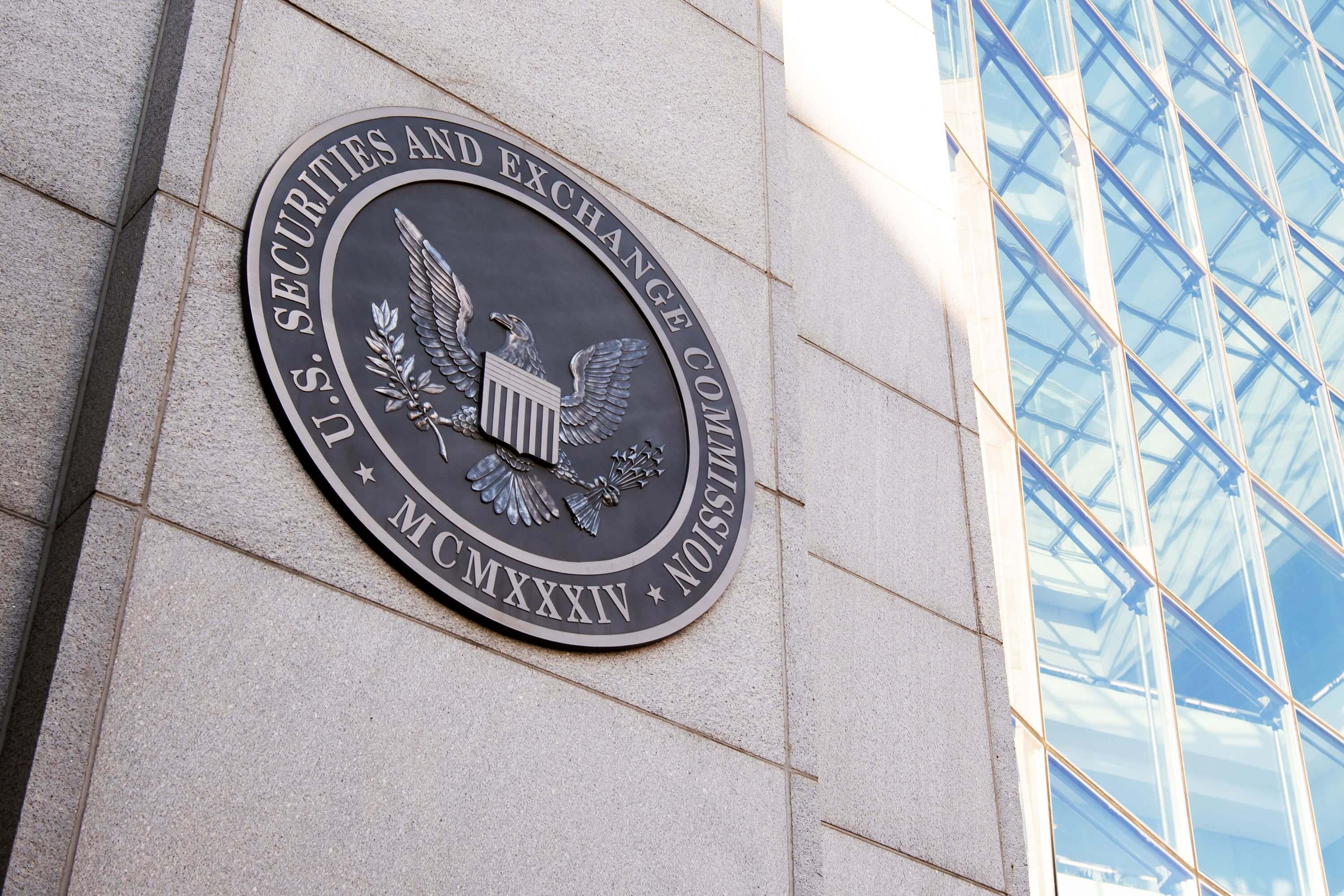The SEC has named nine cryptocurrencies on the Coinbase exchange as securities. What was the exchange’s management’s response?
The day before, the US Securities and Exchange Commission (SEC) filed a lawsuit against a suspected insider trading employee of cryptocurrency exchange Coinbase. At the same time, in the lawsuit, the regulator classified nine cryptocurrencies as securities, which should make it much more difficult for the relevant authority to monitor them. However, representatives from Coinbase, where these coins are traded right now, issued a rebuttal in response to the regulator’s statement. We tell you more about what’s going on.

It should be noted that the recognition of certain cryptocurrencies as a security is one of the biggest woes for developers. In such a case, SEC representatives have the right to fine representatives of the blockchain project, as a completely different legal framework is relevant for securities.
In December 2020, for example, the SEC filed a lawsuit against Ripple, which issues the cryptocurrency XRP. It was precisely because of an alleged “unregistered offering of $1.3 billion worth of securities”. Read more about this in a separate article.
What do crypto and securities have in common?
Coinbase legal director Paul Grewal has posted a thread on Twitter about the SEC’s claims. Here’s a translation of some of his posts.
Coinbase does not conduct a securities listing. We disagree 100 percent with the SEC’s claim. Coinbase follows a thorough process of analysis and examination of each digital asset before making it available for trading on our exchange. This process has been approved by our CEO Brian Armstrong.
According to CryptoSlate sources, the SEC has classified the following coins as securities: Flexa Network (AMP), Rally Network (RLY), DerivaDEX (DDX), XYO Network XYO, Rari Governance Token (RGT), Lichenstein Cryptoasset Exchange (LCX), Power Ledger (POWR), DFX Finance (DFX) and Kromatilka (KROM).

Coinbase CEO Brian Armstrong
Commodity Futures Trading Commission (CFTC) Commissioner Caroline Pham also joined the discussion on the conflict. She said the SEC’s classification is a “shining example of regulation by coercion”. She said the SEC’s charges would have broader implications because the Commission lumped assets “that can be described as utility tokens and/or certain tokens related to decentralised autonomous organisations (DAOs)” into one category of securities.

US Securities and Exchange Commission
In other words, the Commission is trying, without much industry scrutiny, to apply its norms from the traditional markets realm to the innovative space of cryptocurrencies. Such methods don’t work and will only lead to a slowdown in the development of digital assets as well as additional problems for investors.
It’s not just the US Securities and Exchange Commission that came under criticism this week: Blockstream cryptocurrency CEO Adam Beck criticised the concept of central bank digital currencies, also known by the acronym CBDC. He noted that a digital version of traditional currencies would be “worse than paper money, worse than Stablecoin, and much worse than Bitcoin”.
He also stressed the need for a return to “apolitical” money, and the best way forward would be to move forward by adopting Bitcoin as legal tender following the example of El Salvador. Here’s his rejoinder, cited by CryptoPotato.
Central banks could do well by introducing CBDC, which would be private and have the option of confidential transactions. But that is not the real motivation for CBDC integration.

Blockstream CEO Adam Beck
Note that the main motivation in such a case is to control the financial transactions of a huge number of people. Since it is central banks that deal with the CBDC issue, the mass adoption of the digital money concept could practically destroy any vestiges of privacy in finance. And full-fledged cryptocurrencies like BTC, ETH, SOL, AVAX, etc. are fighting this because they are decentralised, i.e. not dependent on any authority.
We think that the activity of SEC representatives looks rather strange. In essence, they are taking advantage of their power and trying to create problems for a niche that is too innovative and not in line with outdated regulations. Clearly, cryptocurrencies are far from the definition of securities and require a new approach. Hopefully, it won't be a long wait.
What do you think about it? Share your opinion in our millionaires’ cryptochat. There we discuss other important news in the blockchain world.















